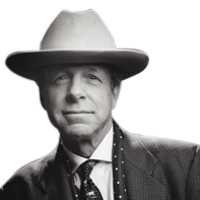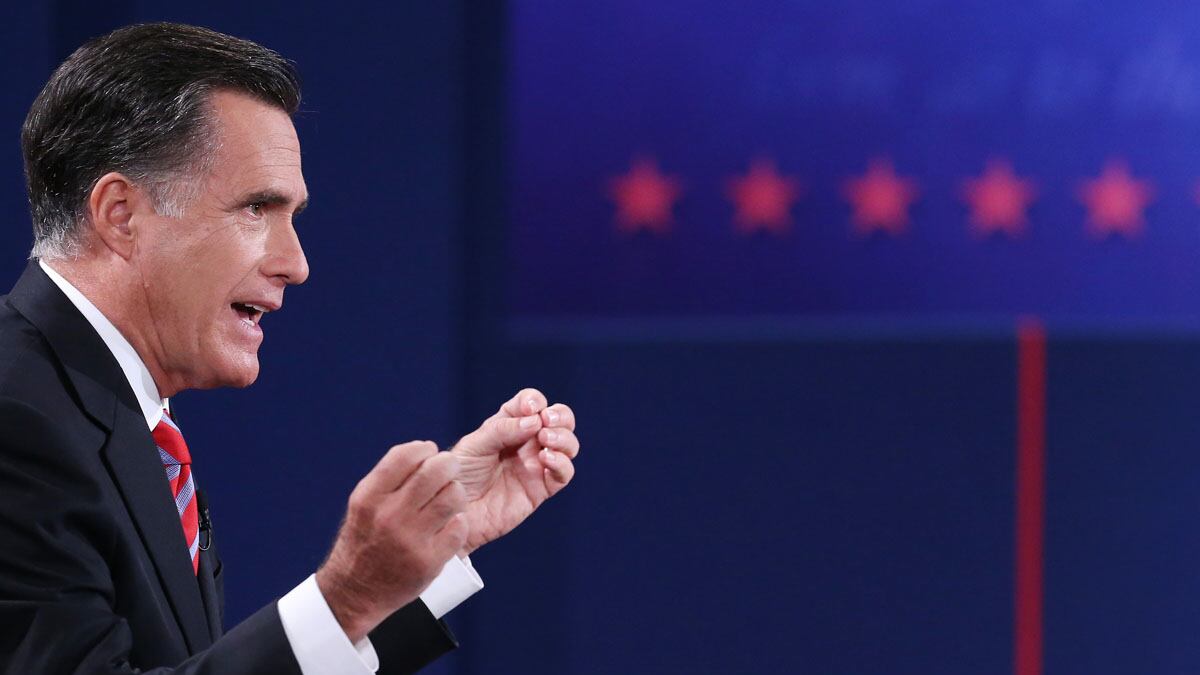Three debates: two close, one a slam dunk. President Obama had a good night, but Romney was calm and presidential. So overall, net advantage over the course of the three debates goes to Romney.

The wave of enthusiasm that swept Barack Obama into office in 2008 has ebbed.
Four years ago, 66 percent of voters under age 30 cast a ballot for Barack Obama versus 53 percent of all other age groups. The disparity between young voters and the other age groups was larger than in any presidential election since exit polling began in 1972, according to the Pew Research Center.
The story may be different this year. And Team Obama will have to work harder for every vote, for every vote counts.
Among 18- to 24-year-olds, voter registration is down, from 79 percent in 2008 to 66 percent in 2012. And, just 48 percent are “definitely voting” this time around, as opposed to 63 percent four years ago. These are just two findings by Harvard’s Institute of Politics (IOP) in their Fall 2012 Survey of Young Americans’ Attitudes Toward Politics (PDF).
The survey also shows that President Obama now earns just 55 percent of their votes, though he is still leading Governor Romney by 12 points among likely 18- to 24-year-old voters, and by 19 points among likely 18- to 29-year-old voters. And their minds are made up: 95 percent of Romney’s supporters and 91 percent of Obama’s in the broader age group say they are either not very or not at all likely to change their minds before Election Day. But Romney’s voters are more likely than Obama’s to say they will be “definitely” voting, 65 percent to 55 percent.
In a tight election where every vote will need to count, this dampening of enthusiasm and engagement among the young must worry Team Obama. Perhaps that is why most of Obama’s campaign appearances since the first debate have been on college campuses.
But the bleeding can be seen across most groups.
A Monmouth University poll among independent voters shows one of the deepest cuts: Obama is behind by 19 points.
And while the candidates are tied nationally in the latest NBC News/Wall Street Journal poll, the president trails Romney among likely men voters, 43 percent to 53 percent. In 2008 according to Gallup, the actual vote split 50-50 among men for Obama and John McCain. So he has lost ground here.
The same NBC/WSJ poll shows Obama leads among likely women voters, 51 percent to 43 percent. But this is still below four years ago when he captured 57 percent of this all-important demographic group (10 million more women than men voted in 2008). Here too, he has ceded support.
However, Obama is winning Hispanics by 45 percentage points. This gap is larger than in 2008 when Obama topped McCain by 36 percentage points. And his support among African Americans is at 92 percent, just a small drop from the 95 percent he earned in 2008.
But Romney leads among seniors, 60 percent to 35 percent, as well as among likely white voters, 59 percent to 36 percent.
Thirty-six percent is well below the 43 percent Obama captured four years ago. The loss of support among white voters should be sounding the alarm bells for Obama’s campaign team. Though whites represent a decreasing share of the electorate, from 81 percent in 2000 to 74 percent four years ago, a loss here realistically cannot be covered by gains in any other group.
And, as with the youth vote in the IOP survey, more of Romney’s than Obama’s supporters are declaring that they definitely will vote for their candidate, 84 to 82 percent.
Obama needed to catch a wave from the foreign-policy debate. Because the tide is working against him this time. And I’m not sure his surf board was big enough in Boca Raton.






